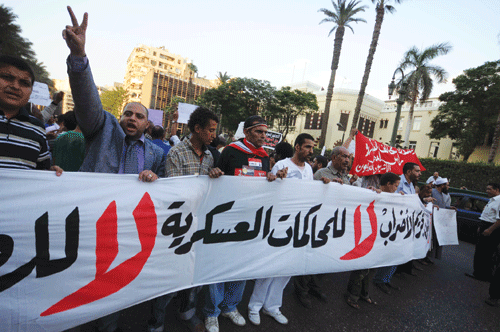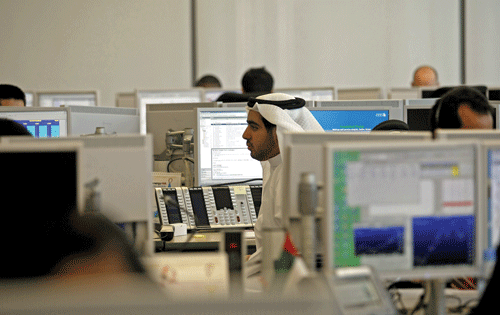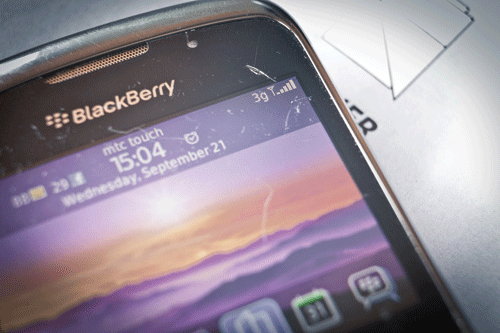In Cairo these days, asking random people on the street about the shortcomings of the ruling military-led transitional government often elicits the same reactions that asking about former President Hosni Mubarak andvhis cronies did not too long ago: people tense up and their eyes dart around before they quickly excuse themselves.
Such reactions and paranoia are not completely unwarranted. As the Supreme Council of the Armed Forces, headed by Field Marshal MohammedTantawi, faces increasing dissent, it has cracked down on freedom of speech and freedom of the press. For Egyptians, speaking out against those in power is again a dangerous venture.
“The problem is not freedom of speech, but freedom after the speech,” says Hafez al-Mirazi, the former Washington bureau chief for Al Jazeera and currently the head of the Kamal Adham Center for Journalism Training and Research at the American University of Cairo. “So you can say what you want, but the problem is going to be the consequences of what you say.”
This proved the case for Maikel Nabil Sanad, a young Egyptian blogger who was sentenced to three years in prison for posting criticism online about the way the military council was running the country. According to rights groups, he began a hunger strike in August and even refused liquids before his health deteriorated and he was hospitalized.
In August, 26-year-old Asmaa Mahfouz was arrested for criticizing the council of military officers on Twitter and was only released on a $3,300 bail following international pressure.
Criticism of the new government on social networking sites in Egypt is rampant. Though it would be hard to imagine the government pursuing everybody who voices dissent online, these cases were designed to intimidate, to make others think twice before voicing their opinions.
After protesters stormed Israel’s embassy in Cairo on September 9 and clashed with security forces through the night, the government added new provisions to the country’s feared Emergency Law. It had previously committed to repeal the law. Under Mubarak, the Emergency Law — which has been in place continuously since the 1981 assassination of Anwar Sadat — was one of the regime’s key tools of repression. One item on the amended Emergency Law now bans the spreading of “false news, statements or rumors”, of which the government has thus far had a fairly liberal — or conservative, depending on one’s outlook — definition. Amnesty International has labeled the revamped Emergency Law as the “biggest threat to rights” in post-revolution Egypt.
Days after the Israeli embassy raid, Al Jazeera’s offices around Cairo were raided. Al Jazeera Arabic and English were allowed to remain open, but their Egyptian affiliate Al Jazeera Mubasher was shut down for a discrepancy in its paperwork. The government, which allowed new television stations to open in Egypt relatively freely after Mubarak’s fall, is now looking to keep cameras out. They have put a freeze on new satellite stations opening and halted live broadcasts of the Mubarak trial.
As Egypt moves towards eight months without Mubarak, the freedoms that millions demonstrated and fought for in Tahrir Square are being rescinded, in many cases using the same tactics employed by the old regime. Many Egyptians are still quick to stress that the country continues to be in the early stages of the post-Mubarak era and there is an optimism that the hangover will subside with time, and immediately after the revolution, Egypt did look like a new place. But now, if you turn your head away from the burned-out skeleton of the Nile-side National Democratic Party headquarters and the occasional Friday protests, there are many signs that point to the Egypt of old reasserting itself. Perhaps one of the most visible is the country’s state-run media outlets, Mubarak’s private cheering section and propaganda outlet when he was in power.
“Any time you look at the newspaper it’s very similar [to before the revolution]” says Mirazi. “You just replace Mubarak’s name with Field Marshal Tantawi.”
JOSH WOOD is a contributor for
The International Herald Tribune
and Esquire Magazine













